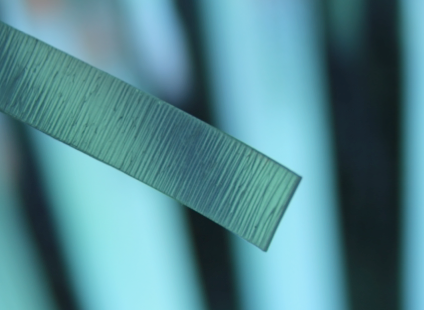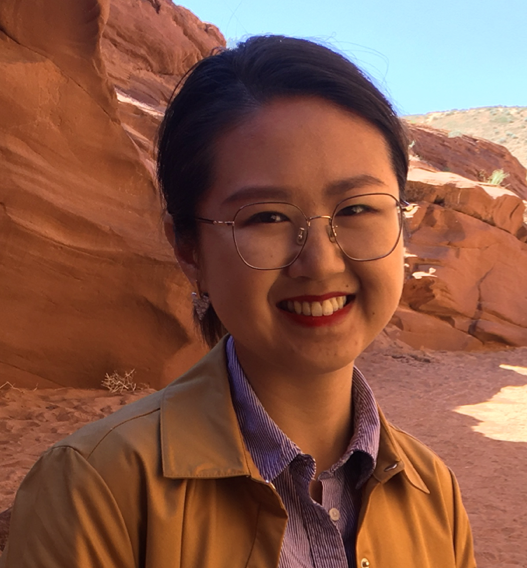Environmental degradation of polymers: an example of polyacrylamide and an outlook for plastics - Boya Xiong, University of Minnesota
Boya Xiong, Assistant Professor, Department of Civil, Environmental and Geo- Engineering, University of Minnesota

Abstract: Due to our current linear plastic economy, water soluble polymeric chemicals and micro- and nano-plastic fragments have become ubiquitous environmental pollutants at a planetary scale, posing unknown risks to our ecosystem. Often being perceived as “forever-lasting” pollutants, polymers in the aquatic environment have not been systematically studied for degradation mechanisms, hindering the true estimation of environmental lifetime and impacts of polymers. This talk will provide an example of the degradation of drag reducing polyacrylamide in the untapped deep subsurface environment that is used in high volume hydraulic fracturing. Chemically, reactive oxygen species from Fe2+ bearing shale reacting with dissolved oxygen could lead to polymer chain scission of a factor of 100. Simulated ultrahigh mechanical stress using a capillary flow also led to substantial chain rupture, representing a new paradigm for environmental pollutant degradation (i.e., mechanochemistry). These processes can cause 4-5 orders of magnitude chain scission, leaving a cocktail of undefined polymer fragments in wastewater. Looking forward, the Xiong Lab aims to elucidate polyolefin plastic material degradation that leads to release of micro/nanoplastics and novel chemical pollutants. To study and model these processes, ongoing work includes development of new multifaceted tools that incorporates advanced analytical chemistry, nanomechanical and particle characterization, and construction of weathering chambers. We envision that the outcome could inform environmental impact and health risks associated with plastic waste and future sustainable design of polymers.

About the speaker: Dr. Boya Xiong joined the Department of Civil, Environmental and Geo-Engineering at University of Minnesota as an assistant professor in August 2020. Dr. Xiong’s research focuses at the interface of polymer science, environmental chemistry, and membrane material science, to i) elucidate the fundamental mechanisms of polymer degradation (e.g., micro/nanoplastic generation) that dictates the environmental fate and shapes sustainable design and management of future polymer chemicals and materials; ii) develop novel nature-inspired membrane material architecture to enable efficient separation and mitigate pathogenic contamination and fouling in engineered systems. Xiong brings broad experience in polymer degradation science, organic fingerprinting analysis, membrane-based brine treatment, bio-based chemical separation, and sustainable drinking water treatment. Xiong earned a Ph.D. in Environmental engineering at Pennsylvania State University where she also obtained her M.S. in Agricultural and Biological Engineering. Xiong earned a B.S. in Biotechnology from East China University of Science and Technology, when she researched marine microbiology at Flinders University of South Australia. Prior to her appointment, Xiong was a postdoctoral associate on multiple sustainable materials and water quality related projects with interdisciplinary efforts at MIT.
